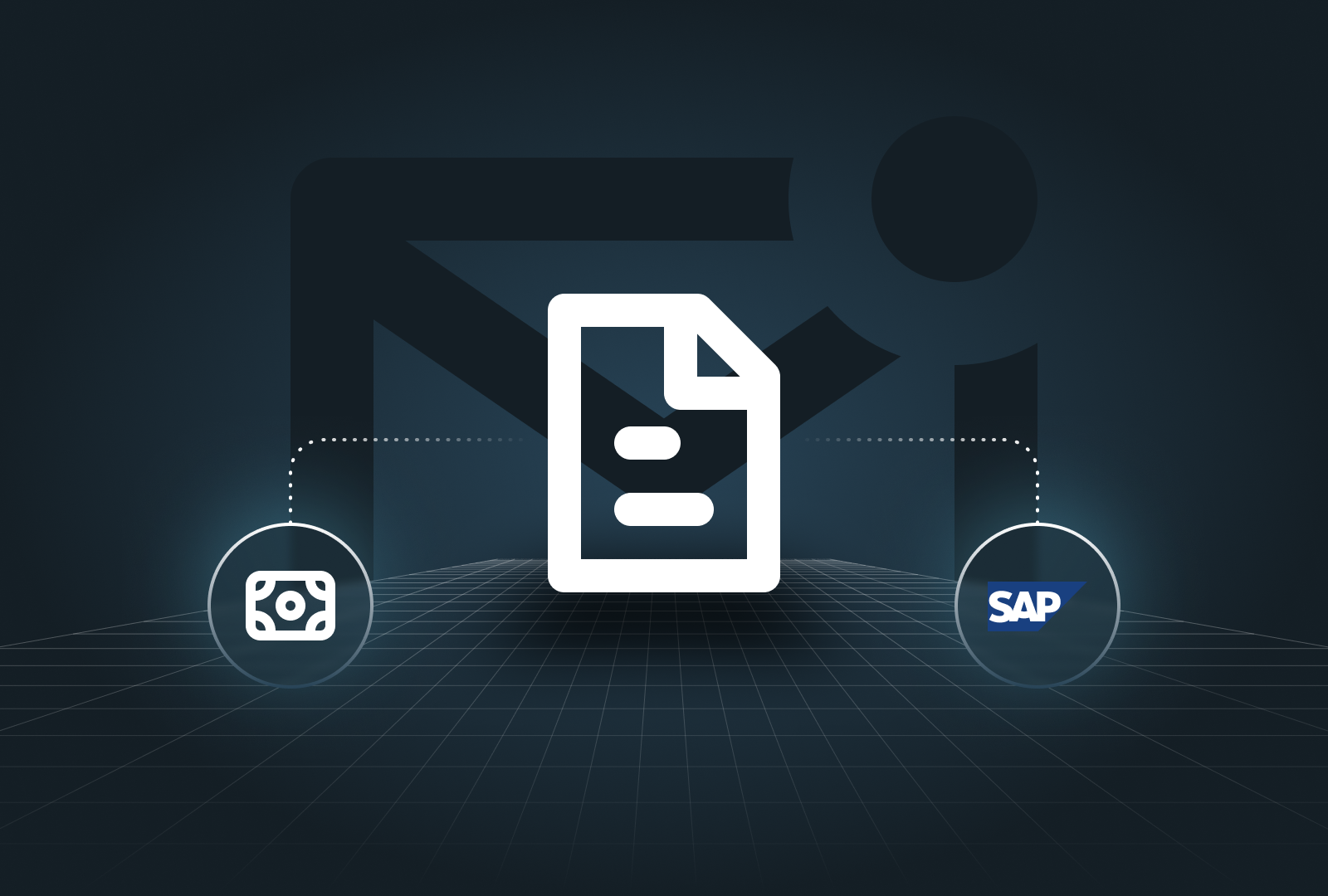Artificial Intelligence is transforming every corner of the enterprise — and finance is no exception. By 2030, the CFO’s job will look radically different.According to Gartner, one-third of enterprise applications will soon feature embedded AI agents that autonomously make or assist in financial decisions. For CFOs, this signals a major shift: from financial gatekeeper to strategic navigator of data-driven, AI-powered organizations.
AI is not just automating tasks; it’s redefining what finance leaders do, how they make decisions, and the kind of teams they lead. Let’s explore what the next five years hold — and how today’s CFOs can prepare to lead the future of finance.
From Financial Gatekeeper to Strategic Navigator
Historically, CFOs focused on control, compliance, and accurate reporting. But as AI in finance becomes embedded in forecasting, planning, and performance management, the role is expanding from oversight to insight.
The CFO of 2030 won’t simply close the books — they’ll interpret, simulate, and steer decisions across the enterprise. Advanced AI models can already generate predictive forecasts, detect anomalies in real time, and identify cost or revenue opportunities before humans ever notice them.
The World Economic Forum calls this new phase “decision intelligence for finance” — a shift that turns CFOs into co-pilots of corporate strategy. Their value will increasingly lie not in reporting what happened, but in shaping what happens next.
Embedding AI and Automation in the Finance Function
By 2030, finance departments will operate as AI-augmented ecosystems, where agents handle repetitive workflows and human teams focus on strategic exceptions.
Think of accounts payable bots that process thousands of invoices daily; AI agents that reconcile transactions across entities; or predictive models that dynamically allocate capital and forecast liquidity. The outcome: faster closes, cleaner data, and significantly lower operational cost.
But automation also brings new governance responsibilities. CFOs must oversee how AI is trained, validated, and audited. As Gartner notes, “AI accountability will sit with the CFO as much as with the CIO.” That means defining ethical standards, bias-testing protocols, and clear ownership of financial data pipelines.
CFOs who master automation governance will turn their departments into centers of speed, transparency, and resilience — while others risk losing strategic influence.
Leading the Data, Technology and Talent Agenda
In a world of algorithmic finance, data leadership becomes CFO leadership. Finance chiefs will increasingly serve as AI stewards — ensuring that data quality, integrity, and explainability are embedded in every process.
This requires a new type of finance team. According to Grant Thornton’s CFO of the Future study, finance professionals will need fluency in data analytics, automation workflows, and AI ethics. Emotional intelligence and adaptability — once “soft skills” — are now critical to leading human-machine collaboration effectively.
CFOs should also forge tighter partnerships with CIOs, CHROs, and COOs to shape their organization’s digital DNA. Finance will no longer be a downstream function; it will drive innovation, risk management, and transformation from the core.
Preparing for the Future: Action Plan for CFOs Today
The CFO transformation journey starts now. To prepare for 2030, finance leaders should:
- Assess AI readiness — Identify where automation can bring measurable ROI (invoice processing, reporting, forecasting).
- Establish AI governance — Define policies for data ethics, transparency, and control over model decisions.
- Re-skill and empower teams — Build internal AI literacy and cross-functional fluency.
- Measure impact, not hype — According to BCG, fewer than half of companies can quantify AI ROI. Focus on metrics that link automation to strategic outcomes.
Most importantly, CFOs must approach AI as a growth enabler, not just a cost lever. It’s about evolving from managing numbers to orchestrating intelligence across the business.
Conclusion
By 2030, the finance function will be faster, smarter, and far more connected — powered by AI teammates, real-time analytics, and autonomous processes.
But technology alone won’t define the future of finance. Leadership will.
The CFOs who embrace AI early — governing it responsibly, integrating it strategically, and empowering their people to use it — will not just adapt to change. They’ll lead it.





.png)
.png)






.png)


